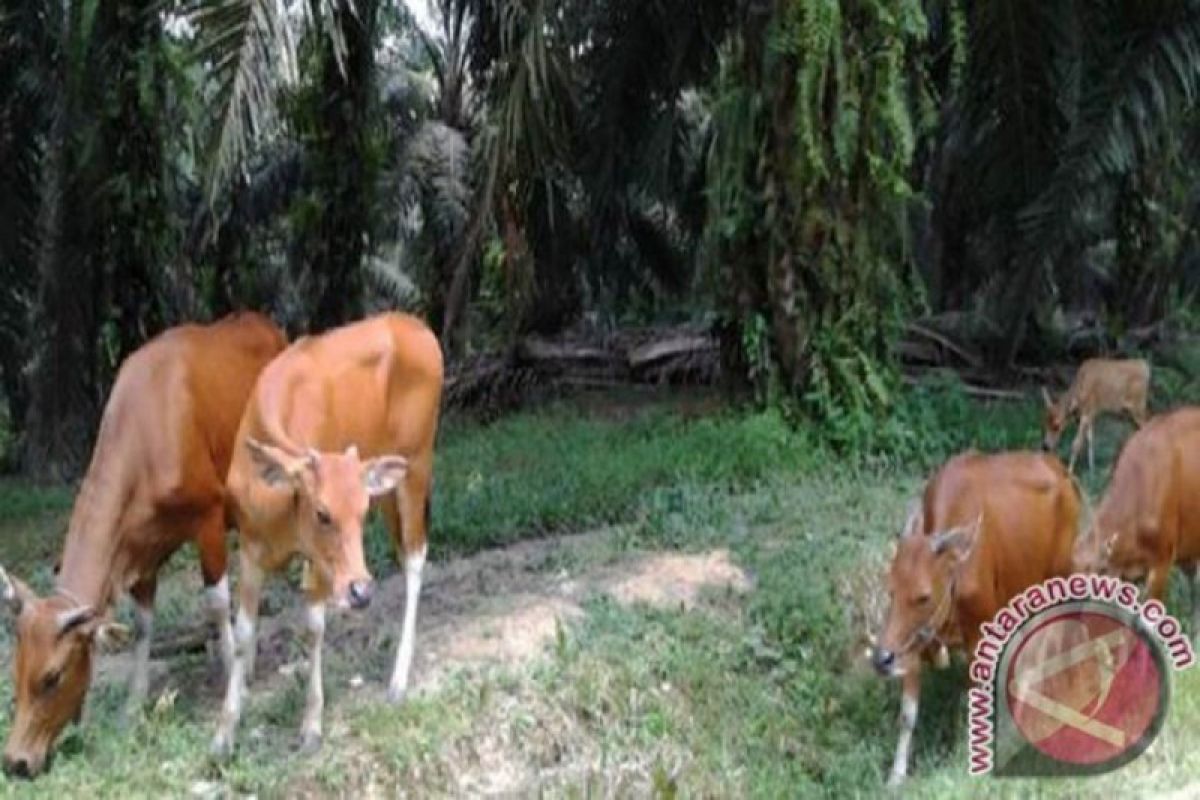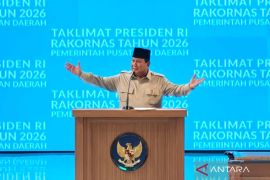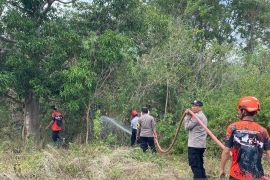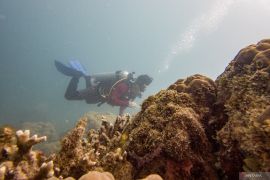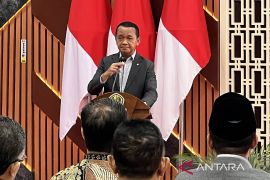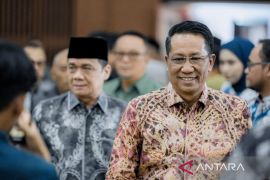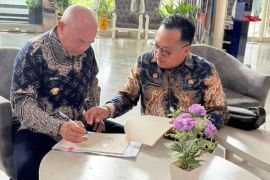Banjarmasin, S Kalimantan (ANTARA) - University of Lambung Mangkurat (ULM) has mobilized experts to support the integration program of oil palm and cattle towards accelerating meat self-sufficiency in South Kalimantan.
"We have Animal Husbandry study program and other study programs that are able to support the development of livestock sector in this program, such as Agriculture Industrial Technology, Agribusiness, Forestry, and Agronomy," said ULM Rector Prof. Sutarto Hadi here on Tuesday.
According to him, the program initiated by the South Kalimantan Plantation and Livestock Agency is very good considering the large area of oil palm plantation has the potential to provide feed for beef cattle.
"Some plantation companies that became the pilot in doing this have quite good results. There are thousands of cows produced," he said.
Sutarto admitted that the combination of oil palm plantation and beef cattle is the best solution to accelerate meat self-sufficiency to meet the need of the province. South Kalimantan has so far still relied on meat supplies from outside, even imports from India and Australia.
"22,249 local cattle can be supplied for the total need of 6,661,770 kg meat of equivalent of 50,114 heads in 2020. The rest came from Sumbawa, Madura, Bali, even India and Australia," Sutarto said.
After receiving support from the Australian government through Indonesia-Australia Red Meat & Cattle Partnership Program, Sutarto hopes that there will be other investors to contribute to the success of the acceleration program for meat self-sufficiency in South Kalimantan using the method of palm oil and cattle integration based on plasma nucleus livestock business partnership.
Read also: South Kalimantan targets 35 gold medals at Papua para games
Read also: 90,4 percent of Kalimantan's private universities provide anti-corruption education


